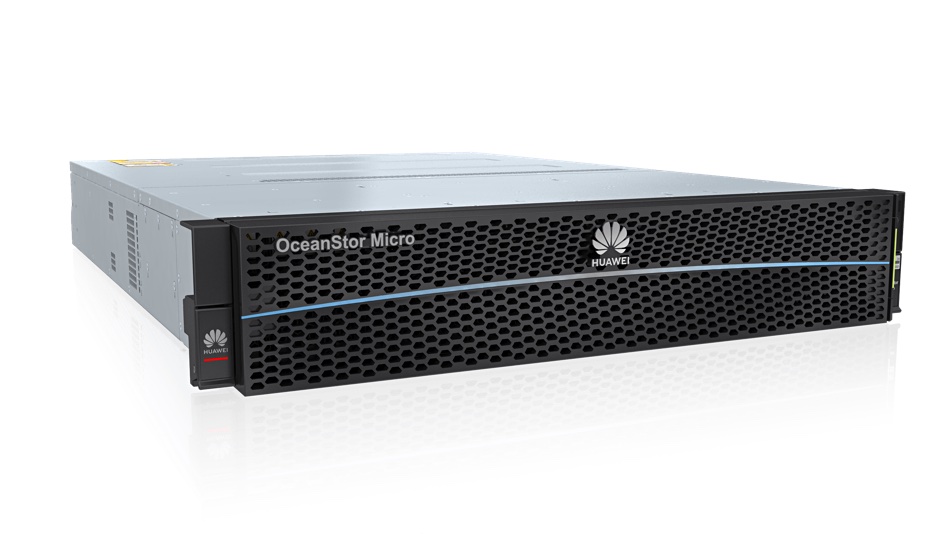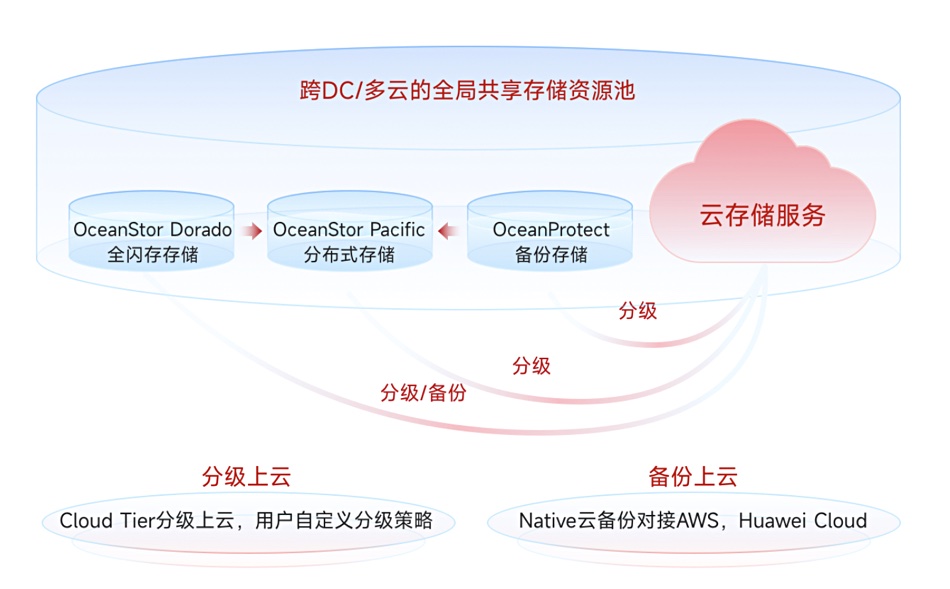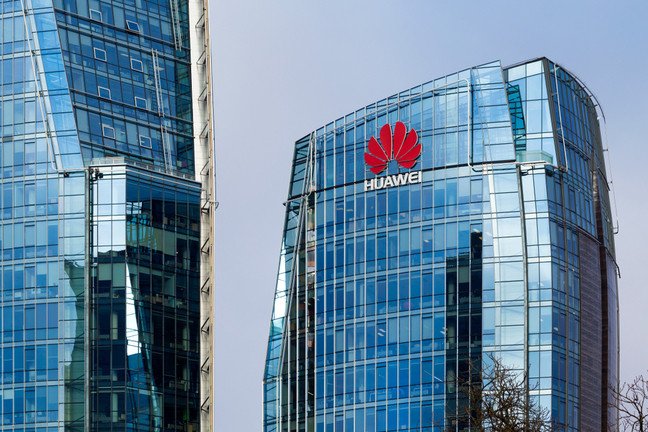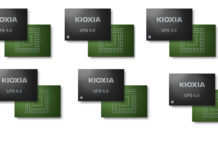Huawei made a slew of storage announcements at Mobile World Congress 2023 in Barcelona, including Blu-ray archival storage, the diskless OceanDisk for carriers’ cloud datacenters, ransomware protection and a multi-cloud storage system.
More than 400 telecommunications carriers are on Huawei’s customer list. It says carriers face major challenges as they move to new services such as video, big data, and cloud: mass unstructured data storage, malware attacks and system failures, and using multiple cloud platforms. The four MWC 2023 announcements are being made in response to these three problem areas.
Dr. Peter Zhou, President of Huawei’s IT Product Line, said in his presentation at the event: “We are entering an era of yottabyte data. Data apps are booming. Huawei data storage will fully embrace new cloud-native applications to help carriers build leading data infrastructure in the multi-cloud era.”
The products
Huawei says it is announcing a Blu-ray-based optical disk archiving product as more than 70 percent of carriers’ unstructured data is cold and relatively inactive. This is the OceanStor Pacific 930x series, a software+hardware product with a single cabinet capacity of more than 5PB. There is no datasheet available for this system.
The OceanDisk product is a rebrand of an existing OceanStor Micro line which stores data on NVMe SSD; so it is diskless, despite its name, having no hard disk drive storage. This product decouples storage and compute. It comes in two variants: a 25 x NVMe SSD 1300 and a 36 x NVMe SSD 1500. Both are 2 RU enclosures and have on-board controllers. The palm-sized SSD capacity options are 3.84TB, 7.68TB, and 15.36TB.

Huawei told us it “uses OceanDisk storage to ensure reliability through large-scale EC and two copies to improve storage space utilization. In addition, the lossless data reduction capability (with a reduction ratio of more than 1.5 times) further improves storage efficiency, helps customers reduce the use of storage servers, and uses OceanDisk as an efficient and shared storage resource pool to obtain on-demand resources, reducing cabinet space and power consumption by 40 percent.
To combat malware, particularly ransomware, Huawei announced an all-domain end-to-end ransomware protection storage offering, delivering double protection for production and backup storage. This storage provides 4-layer data protection policies, ransomware detection, data anti-tamper, an isolation zone through air-gap technology, and end-to-end data breach prevention. Huawei wants to ensure that storage is the last line of defense for data security.
The multi-cloud storage offering supports intelligent cross-cloud data tiering and a unified cross-cloud data view, enabling the free flow of data across clouds. This supports both AWS and the Huawei Cloud. There are settable tiering policies based on hot, warm, and cold data. This system moves cold data to the cloud, but metadata is still stored locally. Data can flow between local storage and the cloud on demand.

This product is so new that, and although there is detailed introduction about multi-cloud storage on Huawei’s website, it is currently only written in Chinese. An English version will be ready in a few months.








